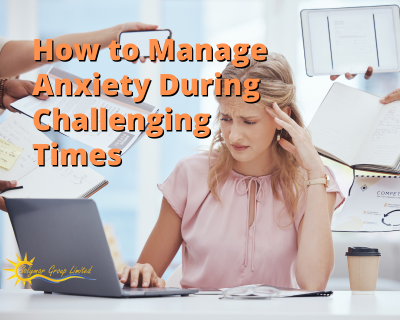 Mental health is a crucial aspect of our overall well-being, yet it is often overlooked and stigmatized. Seeking help for mental health issues can be a daunting task, and the stigma surrounding mental illness can be a significant barrier. This article aims to explore why seeking help for mental health is crucial and how breaking the stigma surrounding mental illness can create a culture of acceptance and support.
Mental health is a crucial aspect of our overall well-being, yet it is often overlooked and stigmatized. Seeking help for mental health issues can be a daunting task, and the stigma surrounding mental illness can be a significant barrier. This article aims to explore why seeking help for mental health is crucial and how breaking the stigma surrounding mental illness can create a culture of acceptance and support.
The Stigma of Mental Illness
Mental illness has been stigmatized for centuries, with many misconceptions and negative attitudes surrounding it. The stigma often comes from a lack of understanding and knowledge of mental health. It is common for people to associate mental illness with weakness or view it as a personal failure. This negative perception can lead to shame and fear of judgment, which can prevent individuals from seeking help.

 In today's fast-paced world, it's not uncommon for people to experience anxiety, especially during challenging times. Anxiety is a normal emotional response to stress, but when it becomes overwhelming, it can affect a person's mental health and well-being. Therefore, it's important to learn how to manage anxiety during challenging times.
In today's fast-paced world, it's not uncommon for people to experience anxiety, especially during challenging times. Anxiety is a normal emotional response to stress, but when it becomes overwhelming, it can affect a person's mental health and well-being. Therefore, it's important to learn how to manage anxiety during challenging times. I. Introduction
I. Introduction Exercise is a crucial component of a healthy lifestyle, and its benefits extend beyond just physical health. Multiple studies have shown the positive impact of exercise on mental health, including reducing symptoms of depression and anxiety, improving mood, and increasing self-esteem. In this article, we will delve into the connection between exercise and mental health, explore the physical and psychological benefits of exercise, discuss the science behind exercise and mental health, examine different types of exercise and their mental health benefits, address common barriers to exercise and how to overcome them, and discuss how exercise can be used as a complementary treatment for mental health conditions.
Exercise is a crucial component of a healthy lifestyle, and its benefits extend beyond just physical health. Multiple studies have shown the positive impact of exercise on mental health, including reducing symptoms of depression and anxiety, improving mood, and increasing self-esteem. In this article, we will delve into the connection between exercise and mental health, explore the physical and psychological benefits of exercise, discuss the science behind exercise and mental health, examine different types of exercise and their mental health benefits, address common barriers to exercise and how to overcome them, and discuss how exercise can be used as a complementary treatment for mental health conditions. I. Introduction
I. Introduction I. Introduction
I. Introduction I. Introduction
I. Introduction




